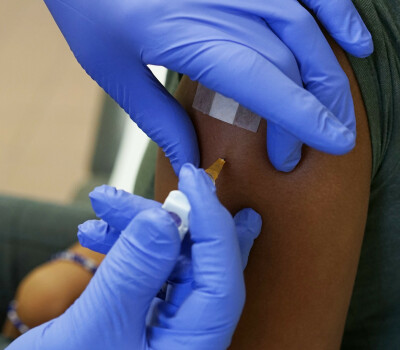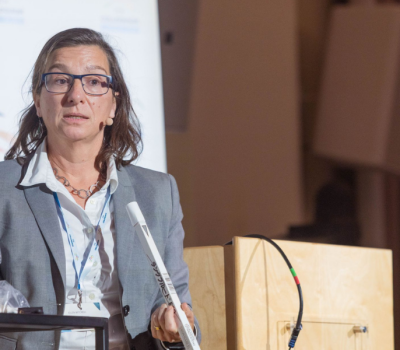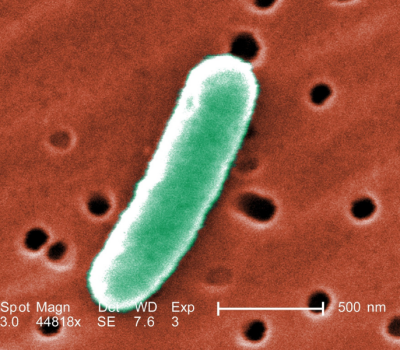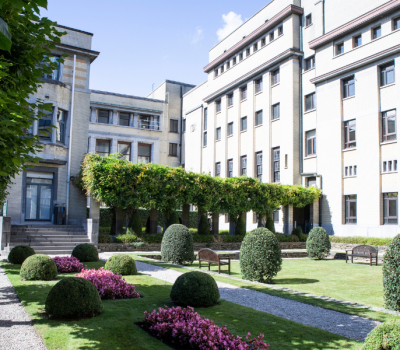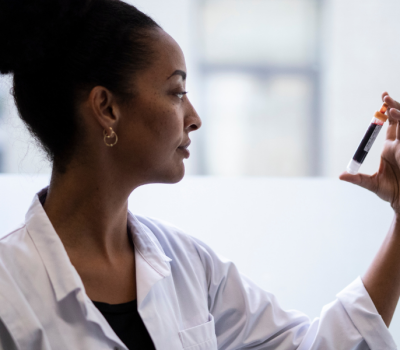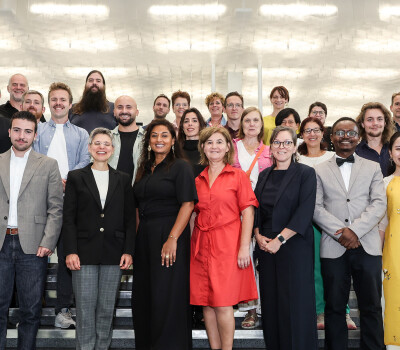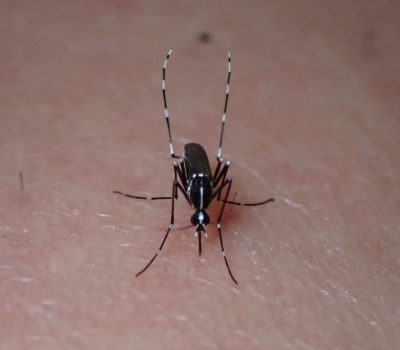Sanctions and the right to health in post-Assad Syria
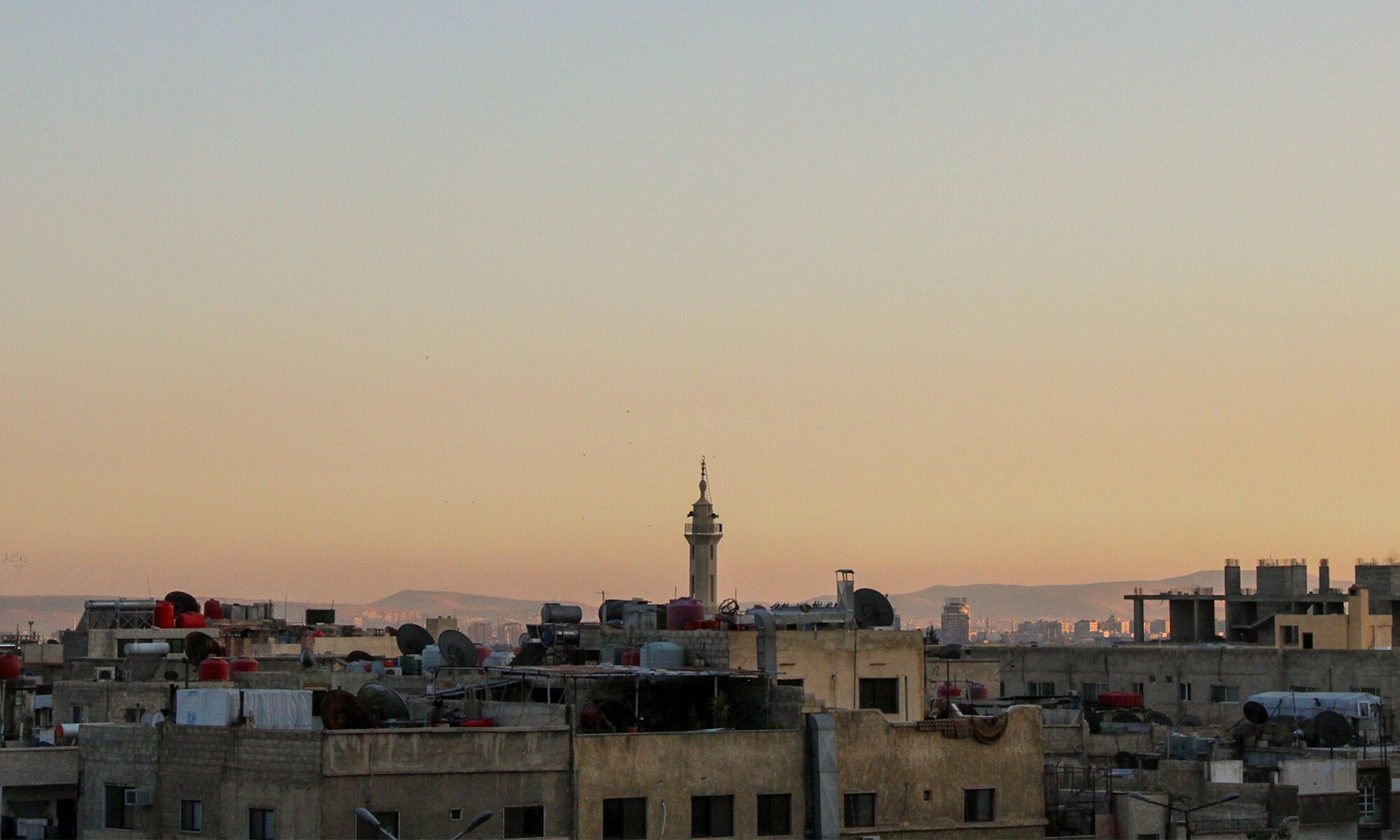
The Assad regime in Syria has fallen. Yet, the economic sanctions imposed during its rule remain largely in place, continuing to devastate civilian lives. A correspondence in The Lancet by public health researchers at ITM highlights the urgent need to reconsider these sanctions, especially their impact on health systems and essential services.
Dr Saleh Aljadeeah, a pharmacist and postdoctoral researcher at ITM’s Unit of Pharmaceutical Public Health, has witnessed firsthand the crippling effects of sanctions during his work on access to medicines for non-communicable diseases (NCDs) in Northern Syria. Before the conflict, Syria’s pharmaceutical industry produced 90% of the country’s medicines. But sanctions have disrupted supply chains, preventing critical raw materials from entering the country. In response, Syrians have resorted to importing medicines of inferior quality—riskier, less effective, and more expensive.
Sanctions also hinder knowledge transfer. "Healthcare professionals couldn’t travel abroad for essential training, leaving gaps in expertise that are crucial for rebuilding the system," Dr Aljadeeah explains.
Challenging the narrative
The narrative that sanctions do not affect civilians is increasingly difficult to sustain. In the wake of the 2023 earthquake, temporary sanction relief by the European Union and other nations allowed money and aid to flow into Syria, showcasing the potential for immediate impact when restrictions are lifted.
“Sanctions are a political tool, but they shouldn’t come at the cost of civilian lives,” Dr Aljadeeah emphasises. “We need to find a balance—maintaining pressure on oppressive regimes while ensuring access to basic services like healthcare. Syria’s transition offers a unique opportunity to reimagine how sanctions are designed and implemented.”
A call to balance
The correspondence in The Lancet underscores the need for a global conversation on designing sanctions that minimise harm to populations. It calls for prioritising humanity and the right to health, especially in post-conflict settings like Syria.
Syria, now at a political crossroads, could serve as a case study for developing smarter, more targeted sanctions that protect civilians while holding regimes accountable. “This isn’t just about Syria—it’s about setting a precedent for how we address human rights and health in conflict zones worldwide,” Dr Aljadeeah concludes.
Read the article
Aljadeeah, S., Ravinetto, R., & Ooms, G. (2024). Sanctions and the right to health in post-Assad Syria. The Lancet. https://doi.org/10.1016/s0140-6736(24)02790-9
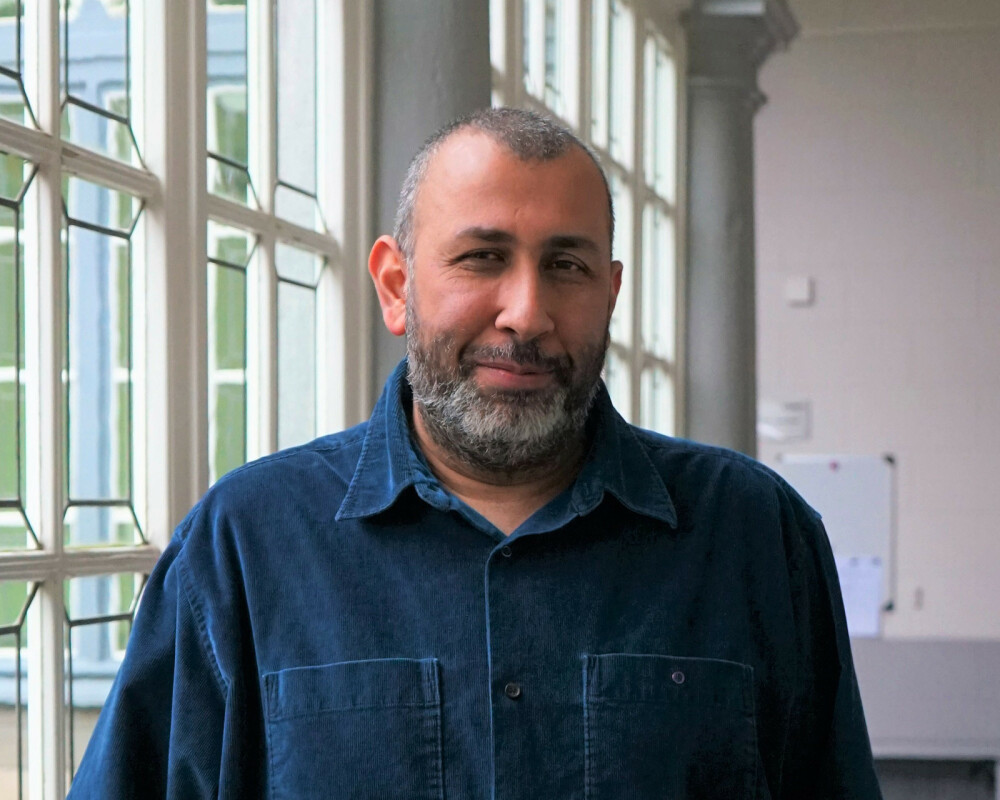
About Saleh Aljadeeah
Saleh Aljadeeah is a pharmacist (Damascus University, Syria 2011) who holds a PhD in Drug Utilization Research. In 2022, he joined ITM as a postdoctoral researcher and launched a research project on access to NCDs medicines at primary care level in conflict-affected areas in Northern Syria, funded by the King Baudouin Foundation (Fund Maurange). His main field of interest is access to essential medicines in humanitarian settings, including in conflict zones and among forcibly displaced populations, and health systems research with a focus on pharmaceutical policies. He holds the Postdoctoral Fellowship of the Research Foundation-Flanders (FWO), with which he is conducting research about the resilience of pharmaceutical systems in conflict-affected areas.

Want to learn more about Saleh's work?
Saleh shares his personal experiences and insights in the fight for health for all in the second season of our ITM podcast Transmission.
Spread the word! Share this story on

